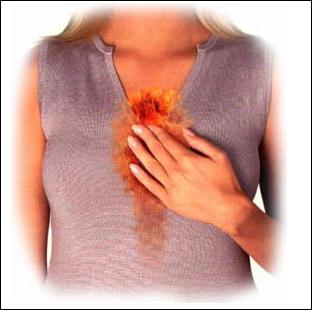It would usually happen around this time of the year. I would wake up in the morning and suddenly become a giant ball of mucous. Yes, it was really that attractive :). For most of the spring I would sneeze and sneeze and then have a bit of a break in July...until August hit. Oh, ragweed season. Itchy, watery eyes joined my sore, runny nose for August and most of September. It wasn't a nice way to spend the summer.
All of this ended about 5 years ago when I gained control over my allergies. You see, when our immune system is over-stimulated, it gets confused and stops being able to recognize the difference between a virus/bacteria and pollen/dust. This causes our immune system to react to things we inhale...things that shouldn't stimulate our immune system. On the other hand, when your immune system is balanced and happy, it can tell the difference between pollen and a virus and we can enjoy our spring and summer. How do you balance your immune system? For many of us, it's through food.
Food, specifically undigested protein, looks just like a virus or bacteria and our immune system creates an antibody to it. We see this in life-threatening reactions like anaphylactic shock to nuts or shellfish. We can also have a much quieter, non-life threatening reaction to an undigested protein, which can over-stimulate our immune system and lead to seasonal allergies, eczema, and many inflammatory conditions. These are usually referred to as food sensitivities. What I've seen over and over again in my practice is that once we discover the foods that you aren't digesting properly you can gain control over allergies, eczema, and many inflammatory conditions!
You don't need to suffer this summer, take control of your health today!
6 Weeks to Allergy-Free
Are you tired of spending your summer dealing with allergies? Are you dealing with the horrible itch of eczema? Join me for 6 weeks to discover your food triggers and balance your immune system.
I will take you through the protocol of discovering your food triggers and balancing your immune system. When you join this online program, you will get:
- The allergy protocol - Weekly healthy, whole food meal plans and recipes - email advice and support - Information on how to continue the program long-term and begin to reverse your food sensitivities*
*This only includes food sensitivities. True food allergies, ones that stimulate an anaphylactic reaction should be removed from the diet permanently.
Investment: $100 for the online program
Contact me to answer your questions and to register for this program.







